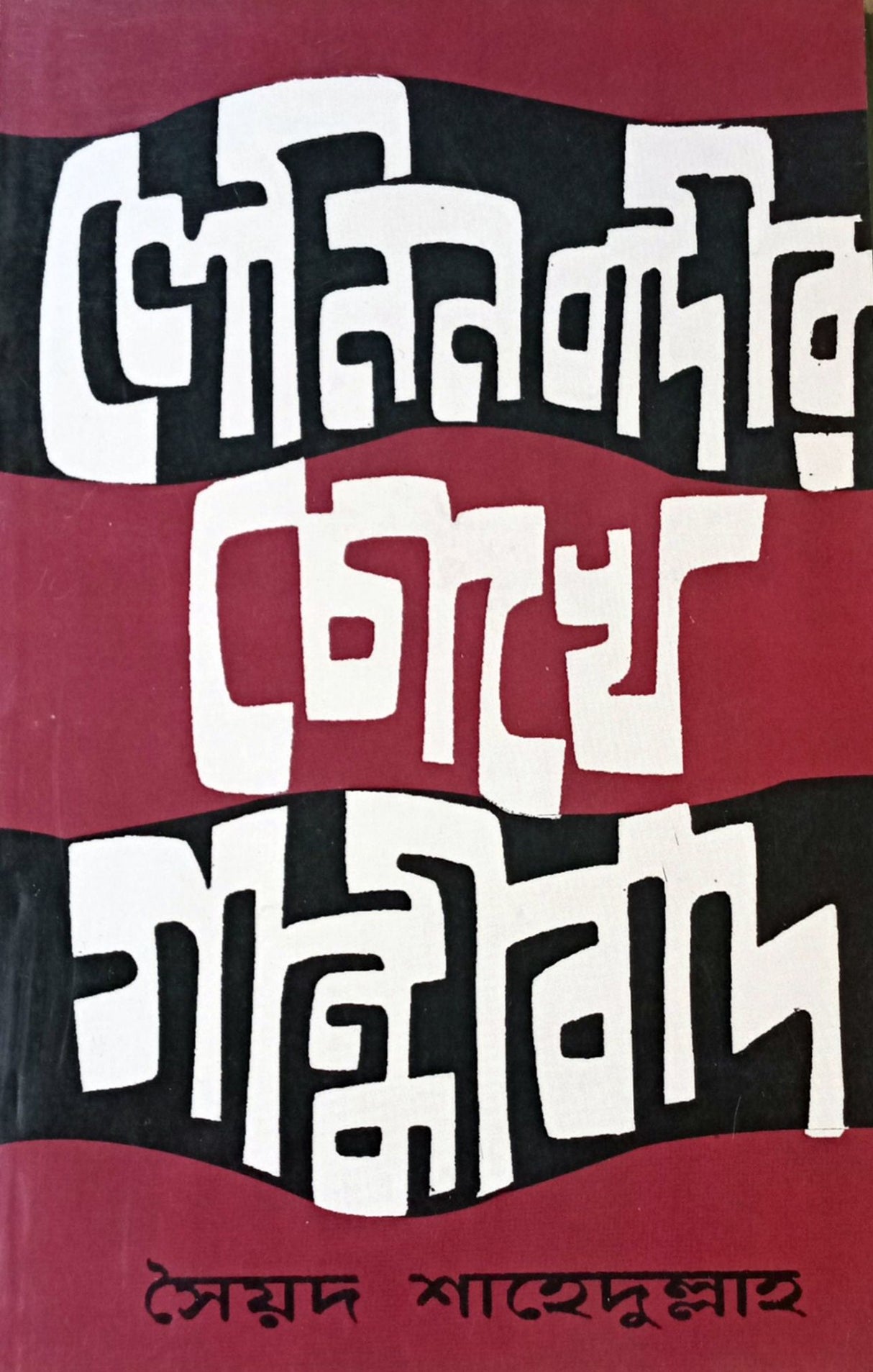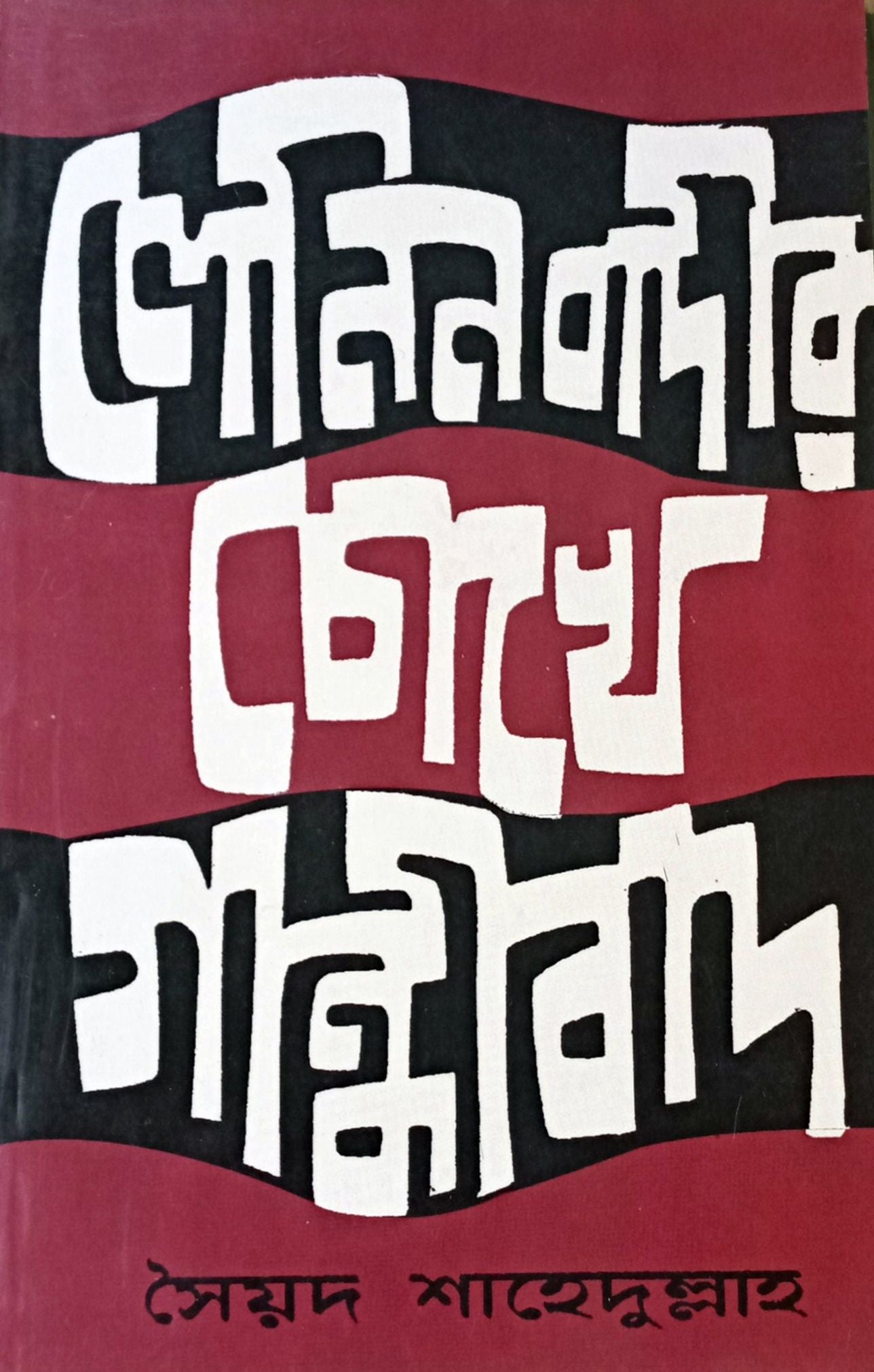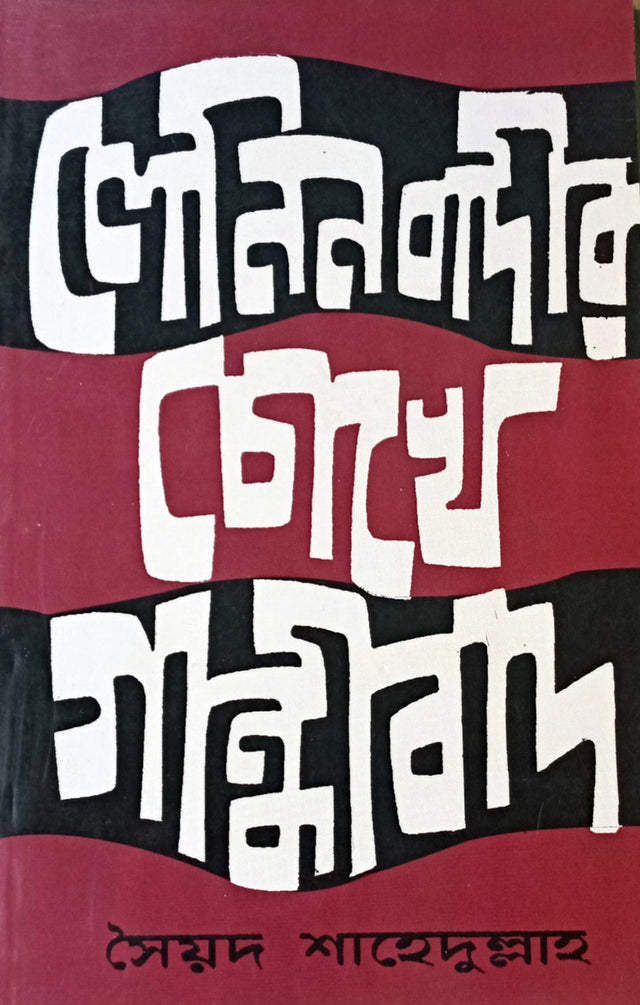Leninbadir Chokhe Gandhibad
Leninbadir Chokhe Gandhibad is backordered and will ship as soon as it is back in stock.
Couldn't load pickup availability
Genuine Products Guarantee
Genuine Products Guarantee
We guarantee 100% genuine products, and if proven otherwise, we will compensate you with 10 times the product's cost.
Delivery and Shipping
Delivery and Shipping
Products are generally ready for dispatch within 1 day and typically reach you in 3 to 5 days.
-
Author: Syed Shahedullah
-
Category: Essays
-
Publisher: National Book Agency Private Limited
-
Language: Bengali
-
First Publication Year: 2013
-
Edition: 2nd Edition
-
Binding: Paperback
-
Number of Pages: 183
-
ISBN: 978-93-92593-92-5
About the Book:
-
Theme: This book presents a Marxist-Leninist critique of Mahatma Gandhi's ideology. It examines Gandhi’s principles through the lens of Leninist thought, offering insights into the contradictions and the relevance of Gandhi’s ideas in the context of revolutionary politics.
-
Content: The book comprises 14 essays, which delve into various aspects of Gandhi’s philosophy, including:
-
Gandhi and His Nonviolence: A critical exploration of Gandhi’s concept of nonviolence.
-
The Significance of the Charkha: An analysis of Gandhi’s emphasis on the spinning wheel as a symbol of self-reliance and economic independence.
-
Gandhi: A Discussion of His Theories: A thorough examination of the theoretical framework behind Gandhi's thought.
-
The Challenge to Communists in the Dock of Imperialism: A discussion on how Gandhi’s approach to imperialism contrasts with communist thought.
-
Rabindranath and Gandhi: An exploration of the relationship between Rabindranath Tagore and Gandhi.
-
Birla's "Good News": Analyzing the connection between Gandhi and industrialists like Birla.
-
The book also looks into Gandhi’s attitude towards workers and peasants, his stance on feudal exploitation, and his class perspectives.
-
-
Purpose: The author’s aim is to critically assess Gandhi’s ideas from a Marxist-Leninist perspective, identifying the strengths and weaknesses in his philosophy, especially concerning class struggles, imperialism, and his approach to social change.
-
Significance: Leninbadir Chokhe Gandhibad is an important work for those interested in understanding the complex relationship between Gandhi's ideology and revolutionary Marxism. The essays provide an intellectual framework to critically assess Gandhian ideas, offering a unique perspective on India’s freedom struggle. The book serves as a critique of Gandhi's ideas, urging readers to reconsider his legacy in light of class analysis and revolutionary thought.





